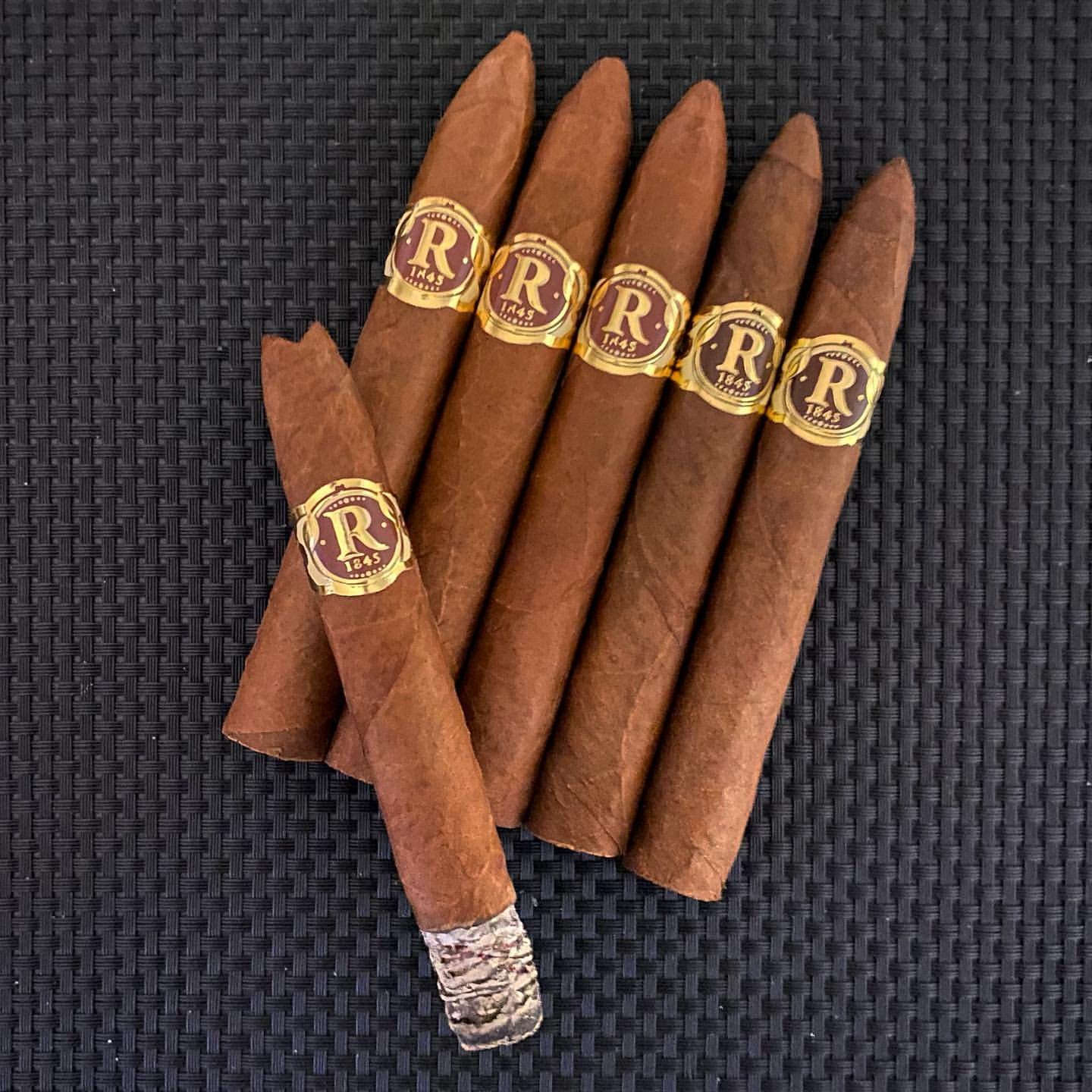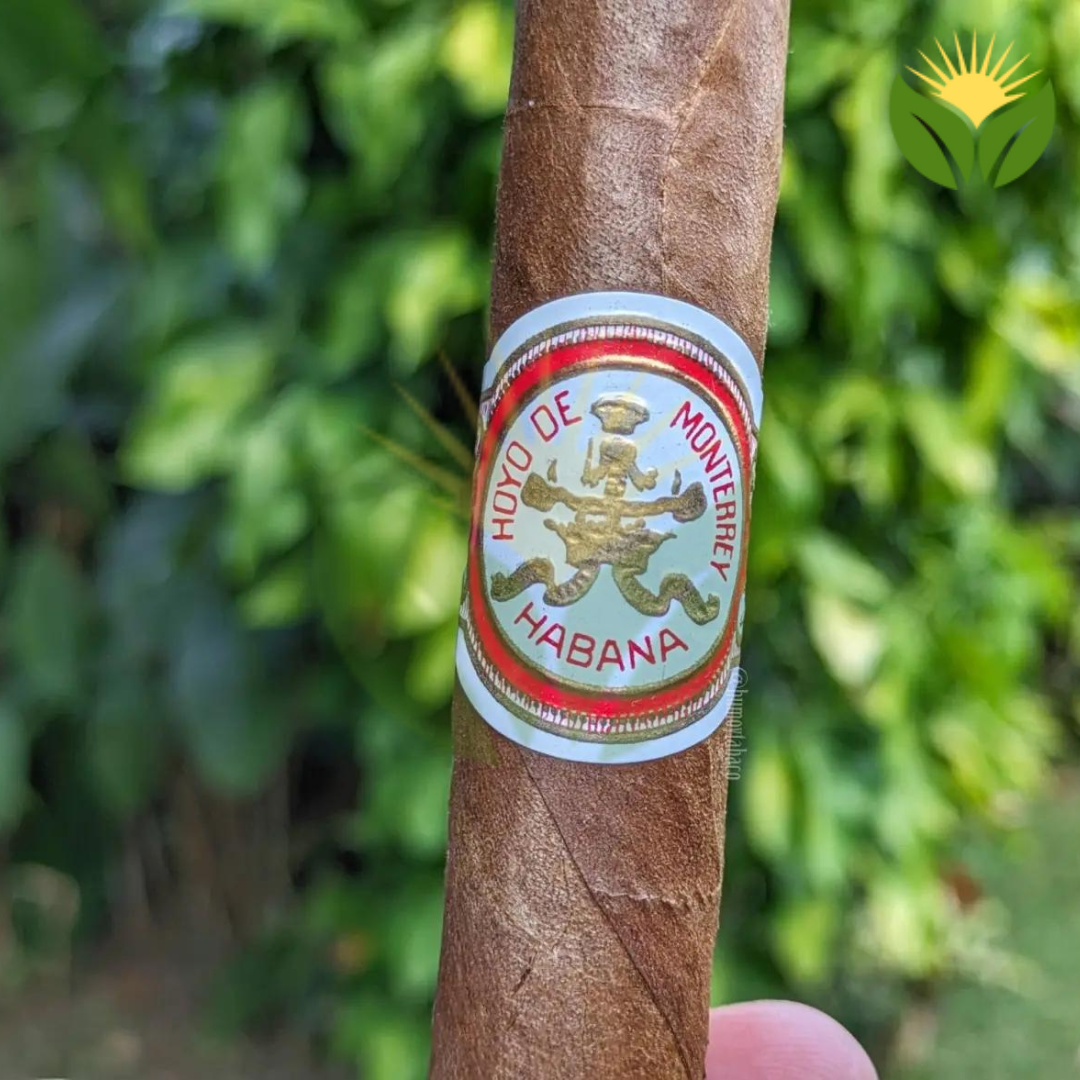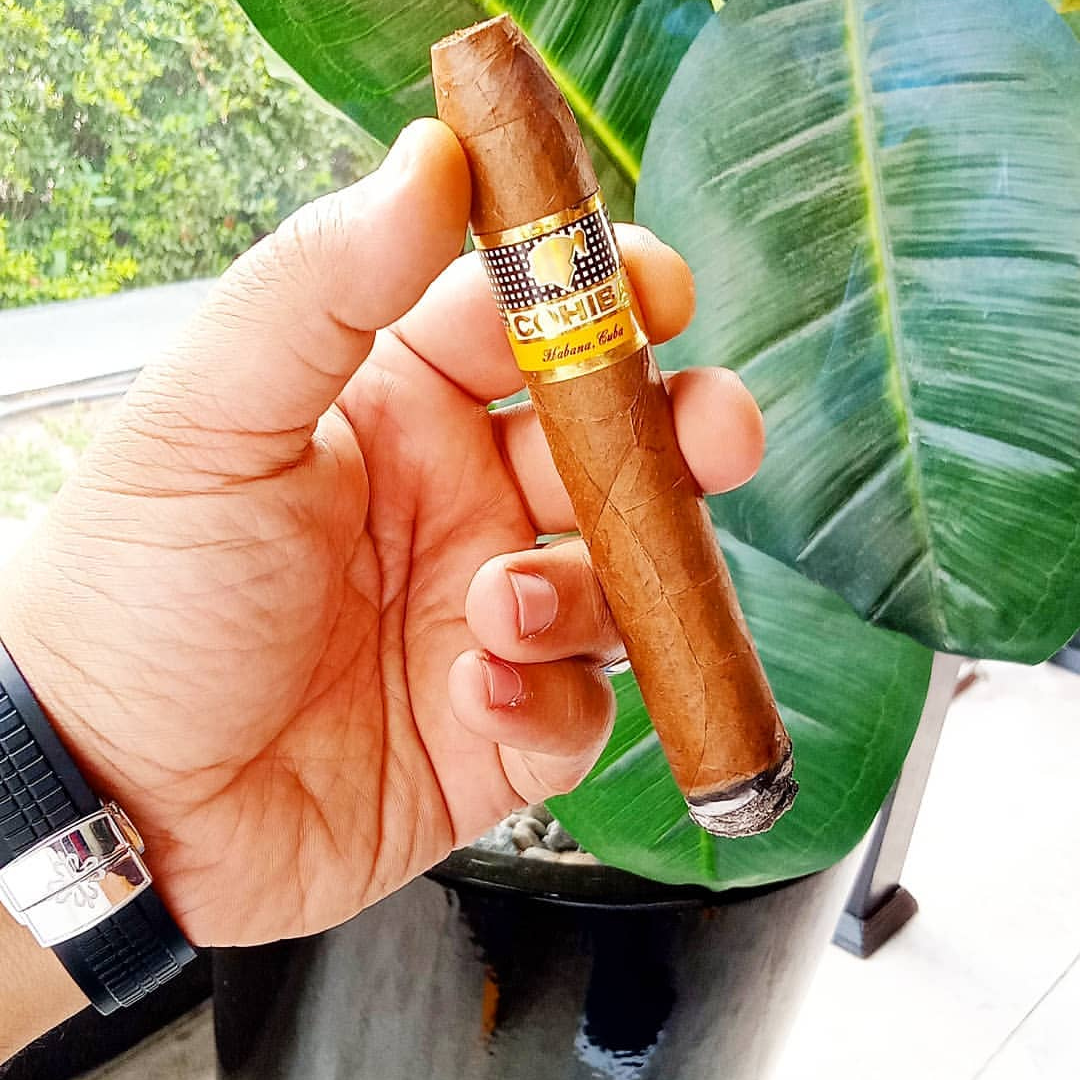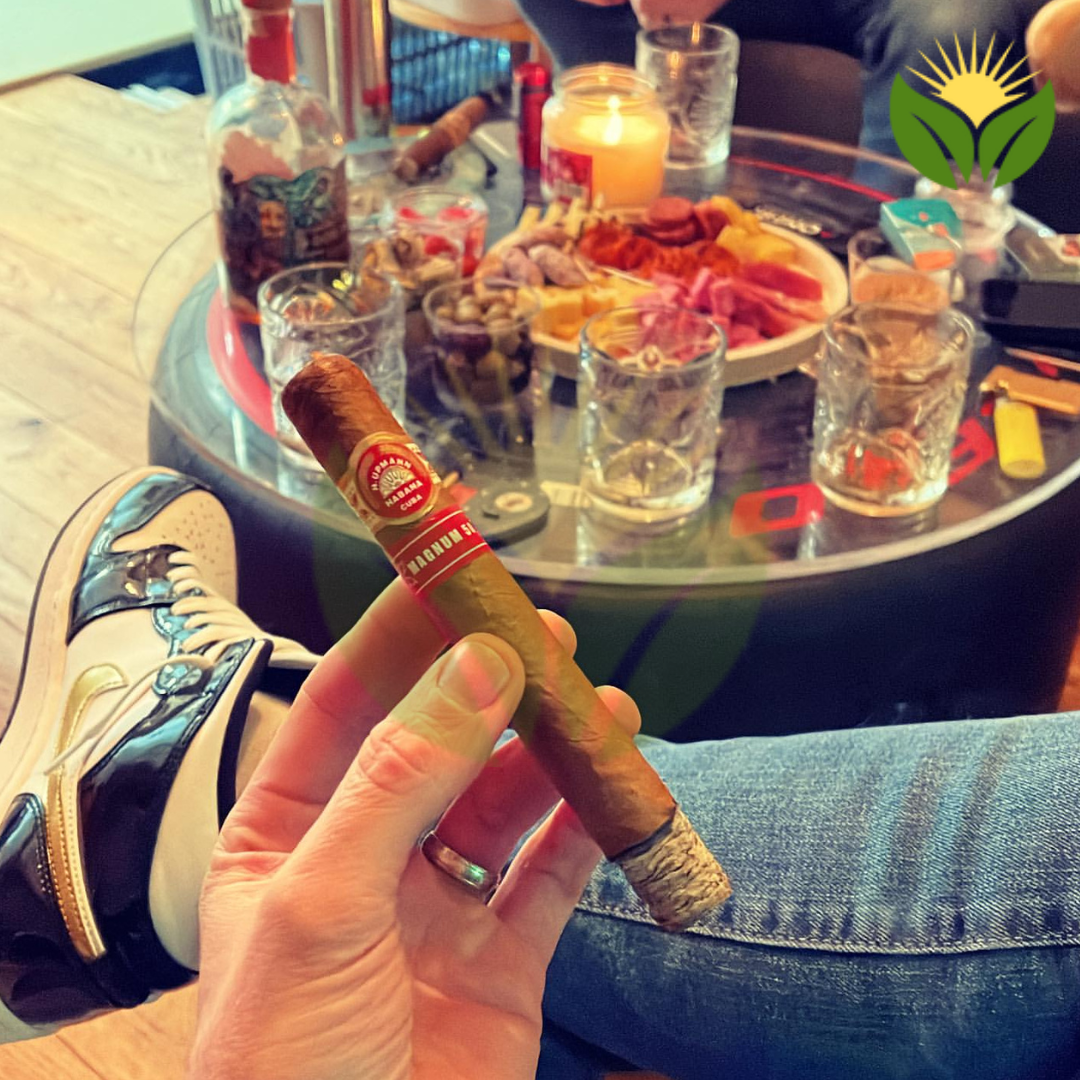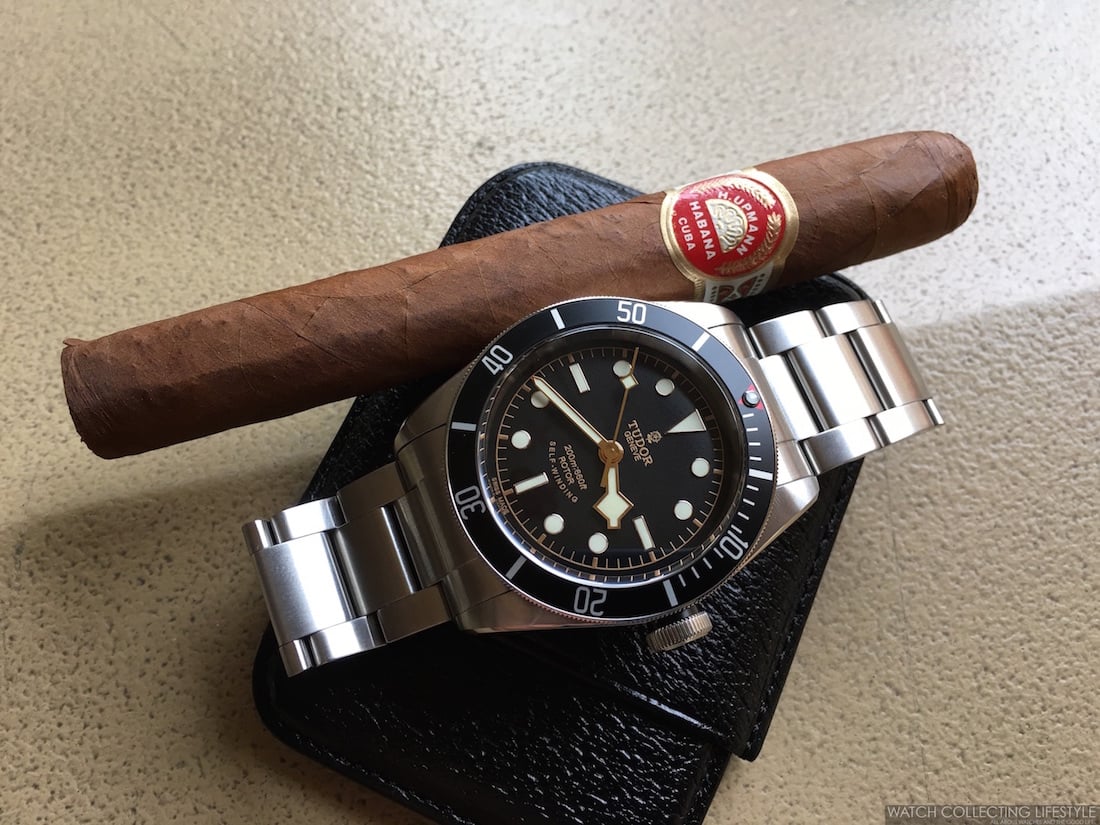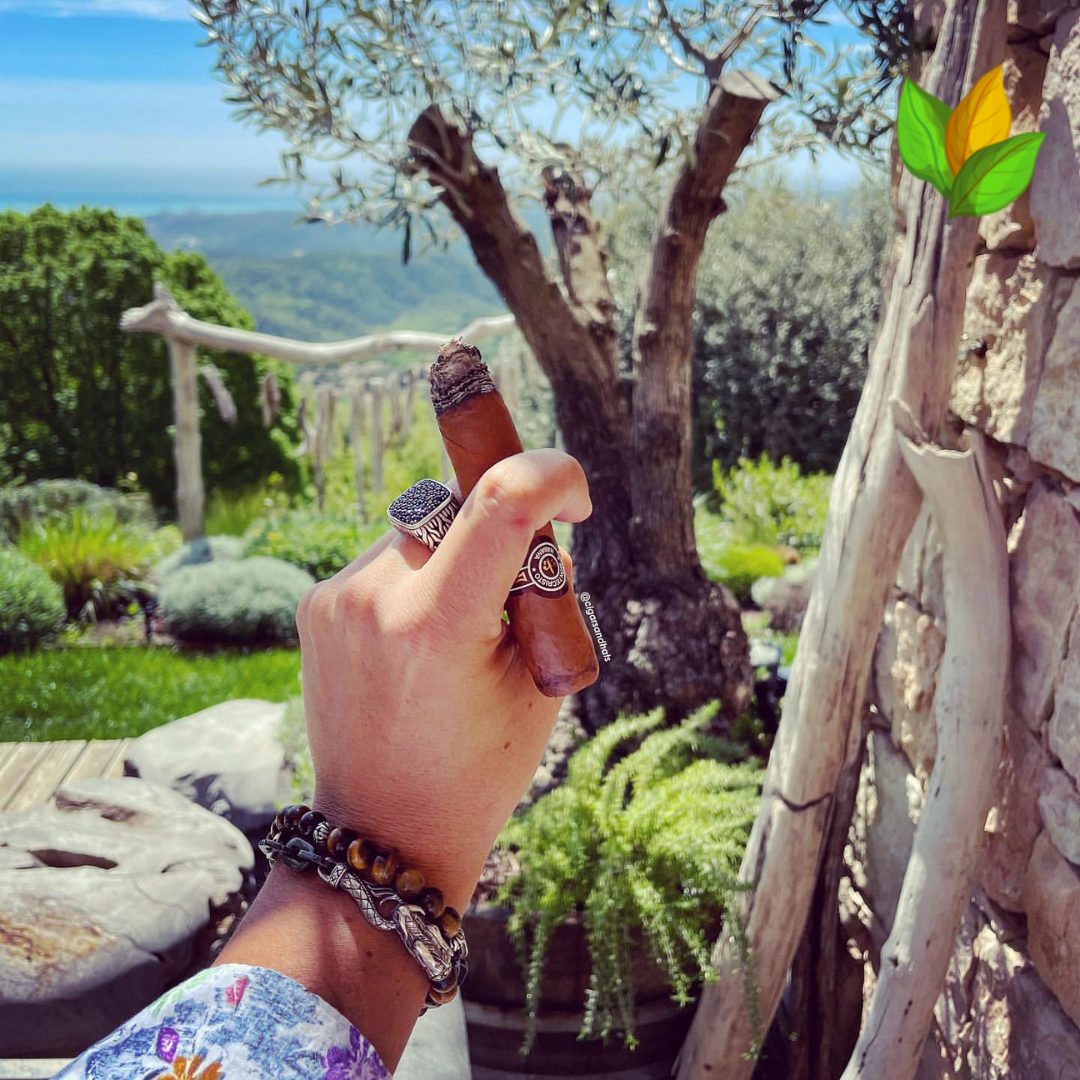Iconic Cigar Events That Shaped the History of Habana
Welcome to our comprehensive guide about Iconic Cigar Events That. In this article, we’ll explore everything you need to know about Iconic Cigar Events That, from selection and storage to appreciation and enjoyment. Whether you’re a seasoned aficionado or new to the world of Iconic Cigar Events That, this guide provides valuable insights and expert knowledge.
Table of Contents
- Introduction to Iconic Cigar Events That
- History and Heritage
- How to Select Iconic Cigar Events That
- Storage and Aging
- Enjoying Your Iconic Cigar Events That
- Frequently Asked Questions
Celebration of the rich and vibrant history of Habana cannot be complete without acknowledging the significant cultural impact of iconic cigar events that have taken place over the years. From the establishment of the first tobacco plantations to the world-renowned Habanos Festival, these gatherings have not only shaped the city’s economy but have also left an indelible mark on the global cigar industry. In this blog post, we will probe into some of the most influential cigar events that have played a pivotal role in shaping the history of Habana.
The Birth of the Habana Cigar Industry for Iconic Cigar Events That
Early cultivation and trade
Around the early 16th century, Cuban tobacco started gaining prominence for its superior quality. The indigenous populations were already cultivating and smoking tobacco when Spanish explorers arrived. Soon after, tobacco became a significant part of trade between Cuba and Spain, shaping the foundations of what would become the iconic Habana cigar industry.
The establishment of cigar factories
Any aficionado of Habana cigars knows that the establishment of cigar factories in Cuba was a pivotal moment in the history of the industry. One of the earliest and most well-known factories is the Partagás factory, founded in 1845 by Don Jaime Partagás. This marked the transition from small-scale production to large commercial operations, setting the stage for the mass production of Habana cigars.
Cigar factories soon flourished in Cuba, with skilled torcedores (cigar rollers) perfecting the art of hand-rolling cigars. These factories became the heart of Cuban cigar production, attracting tobacco enthusiasts from around the world eager to experience the rich flavors and expert craftsmanship synonymous with Habana cigars.
Key Milestones in Cigar Production for Iconic Cigar Events That
Innovation in Cigar-Making Techniques
On the history timeline 1860-1960, we see a period marked by significant innovations in cigar-making techniques. From the introduction of mechanized cigar rollers to the development of new curing and fermentation processes, these advancements revolutionized the industry and paved the way for modern cigar production.
The Rise of Renowned Cigar Brands
On techniques. This era witnessed the emergence of iconic cigar brands that have stood the test of time, becoming synonymous with quality and craftsmanship in the industry. Brands like Cohiba, Montecristo, and Romeo y Julieta have become household names among cigar enthusiasts worldwide, setting the standard for excellence in cigar production.
Famous Cigar Aficionados and Gatherings for Iconic Cigar Events That
Historical figures and their love for Habana cigars
Not only was Winston Churchill a prominent leader, but he was also known for his love of Habana cigars. Churchill’s affinity for cigars was well-documented and helped solidify the image of a refined gentleman enjoying a quality Habana smoke. Another historical figure who adored Habana cigars was Sigmund Freud, the father of psychoanalysis. Freud found solace and relaxation in smoking cigars, often using them as a tool for introspection and contemplation.
Notable cigar events and festivals
Figures like these historical icons have helped shape the legacy of Habana cigars through their appreciation for the craft and culture surrounding them. Cigar events and festivals, such as the Habanos Festival in Cuba, have further showcased the artistry and passion behind Habana cigars. These gatherings bring together cigar aficionados from around the world to celebrate the rich history and tradition of Habana cigars, fostering camaraderie and shared experiences among enthusiasts.
The Impact of Politics on the Cigar Industry for Iconic Cigar Events That
Cigar industry during the Cuban Revolution
On the shelves of history, the Cuban Revolution stands out as a pivotal moment in the cigar world. Fidel Castro’s rise to power in 1959 brought about significant changes in Cuba, including the nationalization of industries, including the iconic cigar industry. Many tobacco farms and cigar factories were taken over by the government, leading to a shift in production and distribution. The revolution had a profound impact on the cigar industry, shaping it for years to come.
United States embargo and its effects
Cuban cigars are renowned worldwide for their exceptional quality and unique flavor profile, but their availability in the US market has been severely limited due to the United States embargo on Cuban products. This embargo, imposed in 1962, prohibits the importation of Cuban goods, including cigars, into the United States. As a result, Cuban cigars became a symbol of exclusivity and luxury, sought after by aficionados around the world.
For instance, the embargo led to the rise of counterfeit Cuban cigars in the market, as some sought to capitalize on the demand for these forbidden treasures. Additionally, the embargo sparked an interest in cigar production in other countries, such as the Dominican Republic and Nicaragua, leading to the growth of the global cigar industry beyond Cuban borders.
Summing up for Iconic Cigar Events That
Ultimately, the iconic cigar events that have shaped the history of Habana provide a rich tapestry of tradition, culture, and excellence that have made Cuban cigars renowned worldwide. From the birth of the Cuban cigar industry in the 19th century to modern-day cigar festivals, Havana has been at the heart of it all. These events not only celebrate the art of cigar making but also showcase the deep-rooted history and passion that Cuban people have for their craft. The legacy of these iconic events continues to influence and inspire aficionados and industry professionals, solidifying Cuba’s reputation as a premier destination for cigar enthusiasts around the globe.
FAQ for Iconic Cigar Events That
Q: What are some iconic cigar events that shaped the history of Habana?
A: Throughout history, Habana has been home to several iconic cigar events that have played a significant role in shaping the cigar industry. Some of these events include the Habanos Festival, the founding of iconic cigar brands like Cohiba and Montecristo, and the Cuban Cigar Boom of the 1990s.
Q: What is the Habanos Festival?
A: The Habanos Festival is an annual event held in Habana, Cuba, that brings together cigar enthusiasts, industry professionals, and aficionados from around the world. This festival celebrates the art and culture of cigar-making, featuring tastings, seminars, tours of tobacco plantations, and the chance to meet master blenders and rollers.
Q: How did the Cuban Cigar Boom of the 1990s impact the history of Habana?
A: The Cuban Cigar Boom of the 1990s was a period of increased interest and demand for Cuban cigars worldwide. This surge in popularity had a significant impact on Habana, leading to the revival of iconic cigar brands, the opening of new cigar shops and lounges, and an influx of tourists eager to experience the rich cigar culture of Cuba.
Summary for Iconic Cigar Events That
This article about Iconic Cigar Events That explores the essential aspects that every cigar enthusiast should know. Whether you’re new to Iconic Cigar Events That or a seasoned aficionado, understanding these key points will enhance your appreciation of authentic Cuban cigars.
Related Premium Cuban Cigars for Iconic Cigar Events That
If you’re interested in Iconic Cigar Events That, explore these exceptional Cuban cigars from our collection:
- Montecristo Puritos – Premium authentic Cuban cigars
- Partagas Serie D No 2 – Premium authentic Cuban cigars
- Montecristo Supremos – Premium authentic Cuban cigars
Learn More About Cuban Cigars for Iconic Cigar Events That
Expand your knowledge about Iconic Cigar Events That and Cuban cigar culture:
- Read expert reviews at Cigar Aficionado
- Discover cigar history on Wikipedia
- Get industry insights from Halfwheel
Shop Authentic Cuban Cigars for Iconic Cigar Events That
Ready to experience the excellence of Iconic Cigar Events That? Browse our complete collection of authentic Cuban cigars with guaranteed authenticity, optimal storage, and worldwide shipping. Whether you’re seeking specific brands mentioned in this article about Iconic Cigar Events That or exploring new options, we’re your trusted source for genuine Cuban cigars online.
Explore Our Premium Iconic Cigar Events That Collection
Ready to experience authentic Iconic Cigar Events That? Browse our carefully curated selection:
- Hoyo de Monterrey Double Corona – Premium authentic Cuban cigars
- H Upmann Magnum 50 – Premium authentic Cuban cigars
- Montecristo Churchill Añejados – Premium authentic Cuban cigars
- Cohiba Siglo V – Premium authentic Cuban cigars
- Montecristo 80 anniversario – Premium authentic Cuban cigars
Related Articles About Iconic Cigar Events That
Continue learning about Iconic Cigar Events That with these informative articles:
- The Personalities Behind Cuba's Cigar Industry – A Historical Perspective
- Montecristo Puro and Montecriste Cigars – Alternatives to the Original Brand
- Storing and Aging Bolivar Cigars for Optimal Flavor and Aroma
Expert Resources on Iconic Cigar Events That
Learn more about Iconic Cigar Events That from these authoritative sources:
- Cigar Aficionado – Expert reviews and ratings
- Wikipedia – History of Cuban cigars
- Halfwheel – Industry news and reviews
Start Your Iconic Cigar Events That Journey Today
Now that you’ve learned about Iconic Cigar Events That, it’s time to experience them yourself. Browse our complete collection of authentic Cuban cigars and discover why Iconic Cigar Events That are treasured by aficionados worldwide. With our guarantee of authenticity, expert curation, and worldwide shipping, your perfect Iconic Cigar Events That experience is just a click away.
Remember: Whether you’re new to Iconic Cigar Events That or a seasoned enthusiast, we’re here to help you find the perfect cigars for your taste and occasion. Don’t hesitate to explore our selection and join the ranks of satisfied customers who have made us their trusted source for authentic Iconic Cigar Events That.

